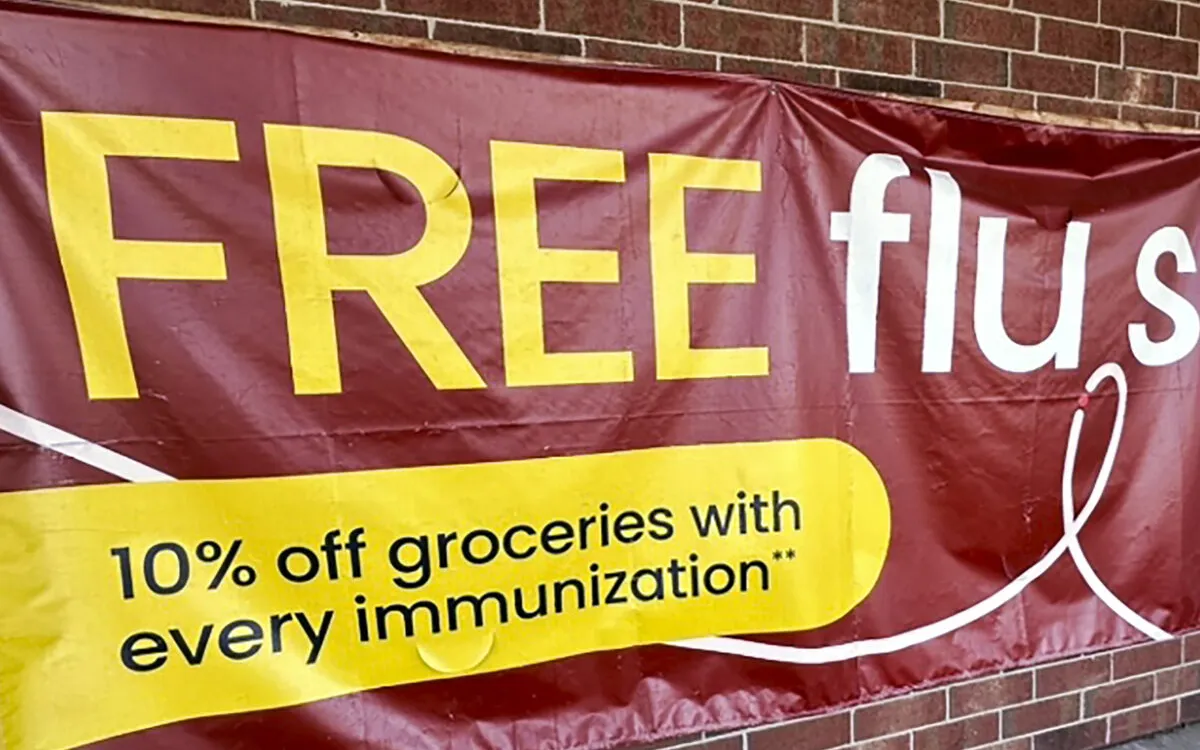
Data from the Centers for Disease Control and Prevention (CDC) indicates that this flu season is the most severe since the 2009 swine flu outbreak, as reported by CBS News earlier this month. This concerning trend has raised alarms among health professionals and the public alike.
Dr. Angela Rasmussen, a virologist and professor at the University of Saskatchewan, shared insights on "The Gee and Ursula Show" on KIRO Newsradio. She emphasized that fewer people have received the flu vaccine this season, contributing to the current health crisis. Dr. Rasmussen attributed part of this decrease to the CDC halting a flu vaccination campaign, a decision made by the National Center for Immunization and Respiratory Diseases.
Dr. Rasmussen explained that the absence of a vaccination campaign can discourage people from getting vaccinated. "Any time that we’re discouraging vaccination, it’s never a good thing," she stated. The campaign aimed to educate the public on how vaccines could prevent a surge in serious flu cases and deaths, not just in Washington state, but across the U.S.
She stressed that flu is a seasonal disease capable of causing severe illness. Vaccines have been proven to reduce hospitalizations and mortality rates significantly. Dr. Rasmussen also noted that the political impact of the COVID-19 pandemic might have contributed to the decline in vaccination rates, emphasizing that vaccines are primarily designed to prevent serious illness and death, not necessarily infections.
Dr. Rasmussen expressed concern about budget cuts affecting her colleagues in the federal government. "Thousands of jobs have been cut from agencies at the CDC," she noted. The Epidemic Intelligence Service, responsible for responding to outbreaks, has faced significant reductions, along with the laboratory services that support diagnostic efforts.
The influenza division at the CDC, which tracks seasonal flu, has also experienced budget cuts. Additionally, changes to the CDC website have removed references to Diversity, Equity, and Inclusion (DEI), impacting how health risks are communicated to the public, particularly for diseases affecting specific ethnic groups or women’s health.
Switching topics, Gee Scott, host of “Gee and Ursula,” inquired about the bird flu situation. Dr. Rasmussen described the bird flu as "out of control." She revealed that thousands, potentially millions, of cows are infected, secreting high levels of the virus in their milk, leading to a record number of human cases among dairy workers.
She stated, "We’re up to at least 70 confirmed human cases," with data suggesting that many cases are going undetected. This situation poses a significant health threat that requires immediate attention.
To hear the full conversation, where Dr. Rasmussen delves deeper into these topics, click the player below:
Read more of Julia Dallas’ stories here. Send news tips here.